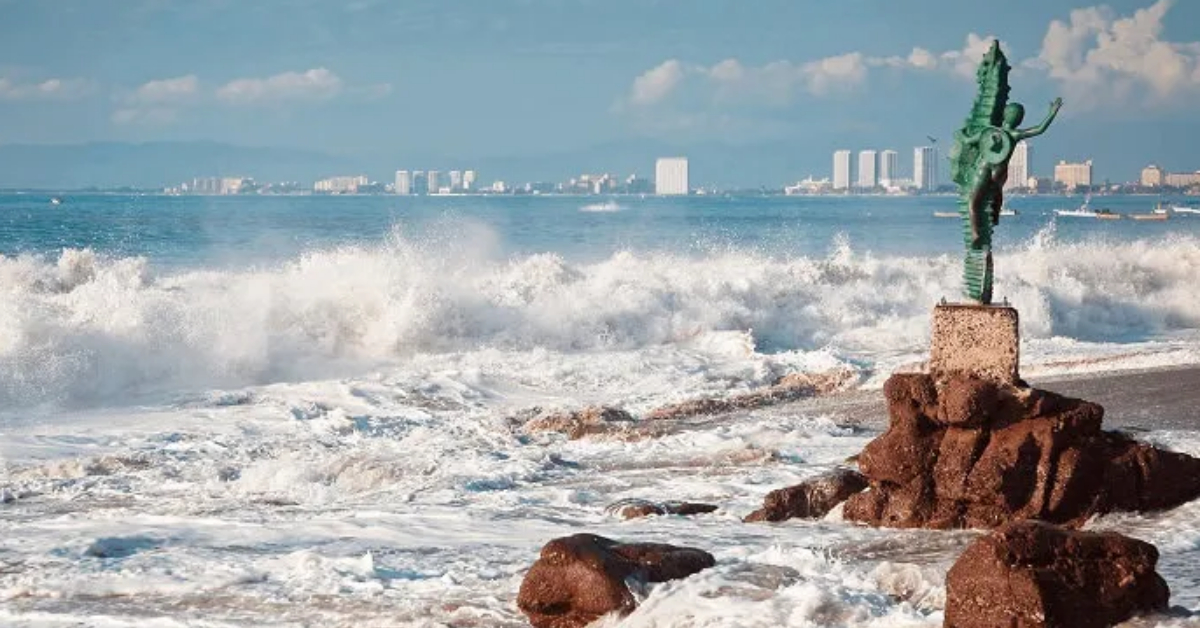Adults who spend just 20 minutes a day using a smartphone mindfulness training app may feel less lonely and have more social interactions than people who don’t, a small experiment suggests.
While mindfulness training has long been linked to reductions in social isolation, much of this research has focused on longer in-person sessions that continue over several weeks or months. With its focus on brief digital training sessions, the current study suggests that group sessions and the social contact that comes from in-person meetings may not be required for people to benefit from mindfulness interventions, said lead . . .






